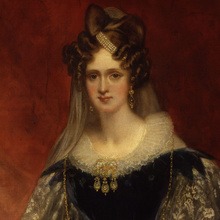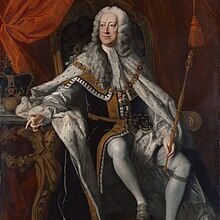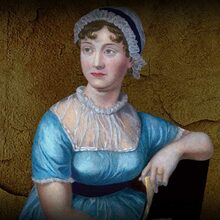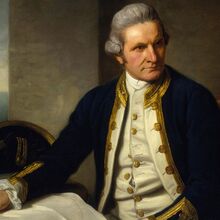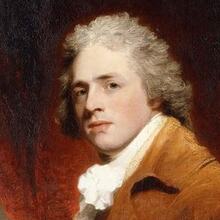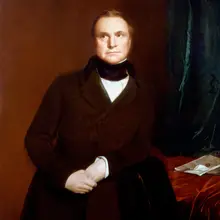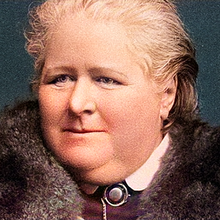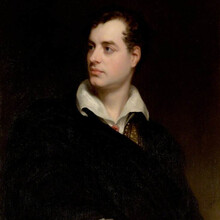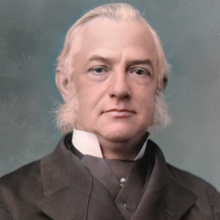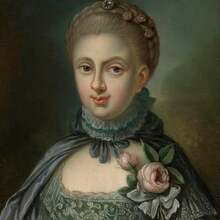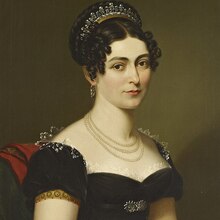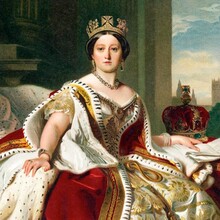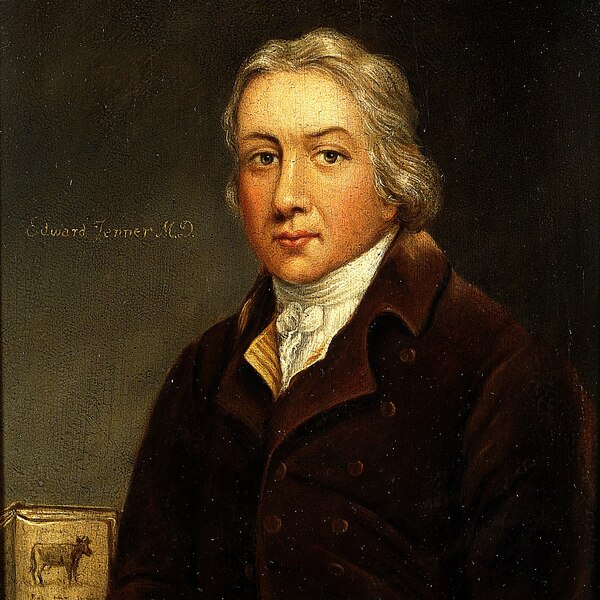
Personal
Other names:
Job / Known for:
Surgeon and discoverer of smallpox vaccine
Left traces:
The concept of vaccination and immunology
Born
Date:
1749-05-17
Location:
GB
Berkeley, Gloucestershire, England
Died
Date:
1823-01-26 (aged 74)
Resting place:
GB
Death Cause:
Stroke
Family
Spouse:
Catherine Kingscote (1788-1815)
Children:
Edward Robert (1789-1810), Robert Fitzharding (1792-1854) and Catherine (1794-1833)
Parent(s):
Stephen Jenner and Sarah Head Jenner
QR Code:
Show More
Rank
Users ranking to :
Thanks, you rate star
Ranking
5.0
1
Fullname
Edward Jenner
Slogan
I hope that some day the practice of producing cowpox in human beings will spread over the world
About me / Bio:
Show More
Article for Edward Jenner
Died profile like Edward Jenner
Comments:

